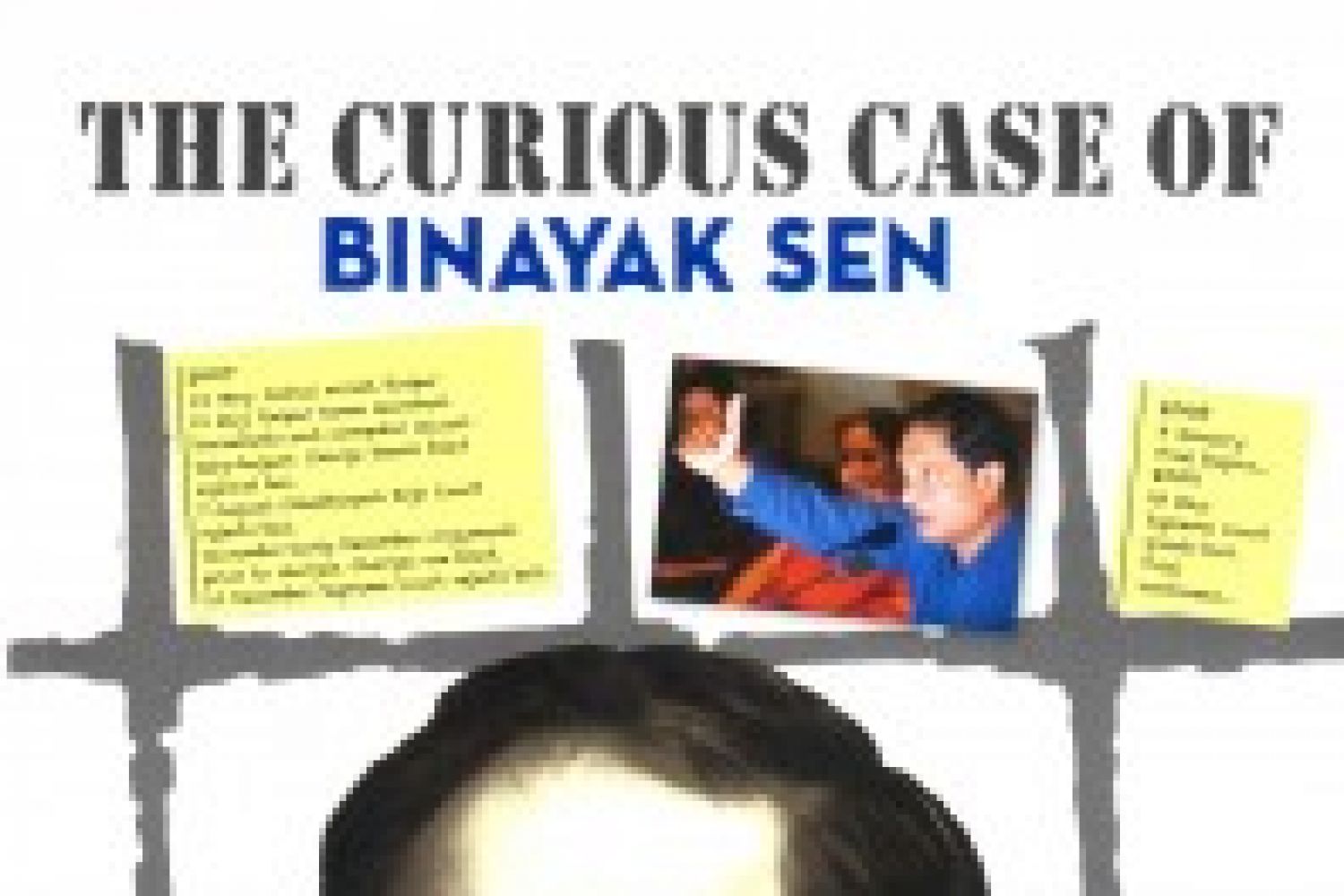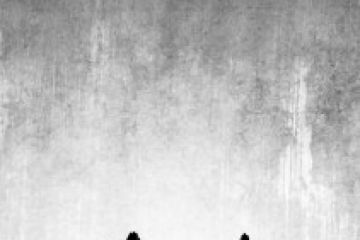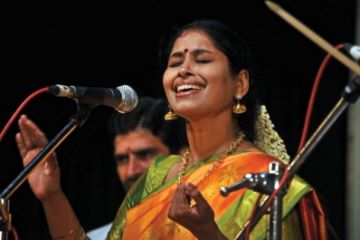
I first met Binayak
Sen in early May 2011, a couple of weeks after the Supreme Court granted him
bail and he was released from jail in Raipur. It was before nine in the morning
when I arrived at the Sens’ farm on the outskirts of Raipur. A few dogs sniffed
curiously at my shins and a small team was working on some repairs on a low
building on the premises. Sen greeted me and we sat chatting on a parapet
outside: how was your trip, hope your health is better, and the like.
His wife
Continue reading “The curious case of Binayak Sen”
Read this story with a subscription.





